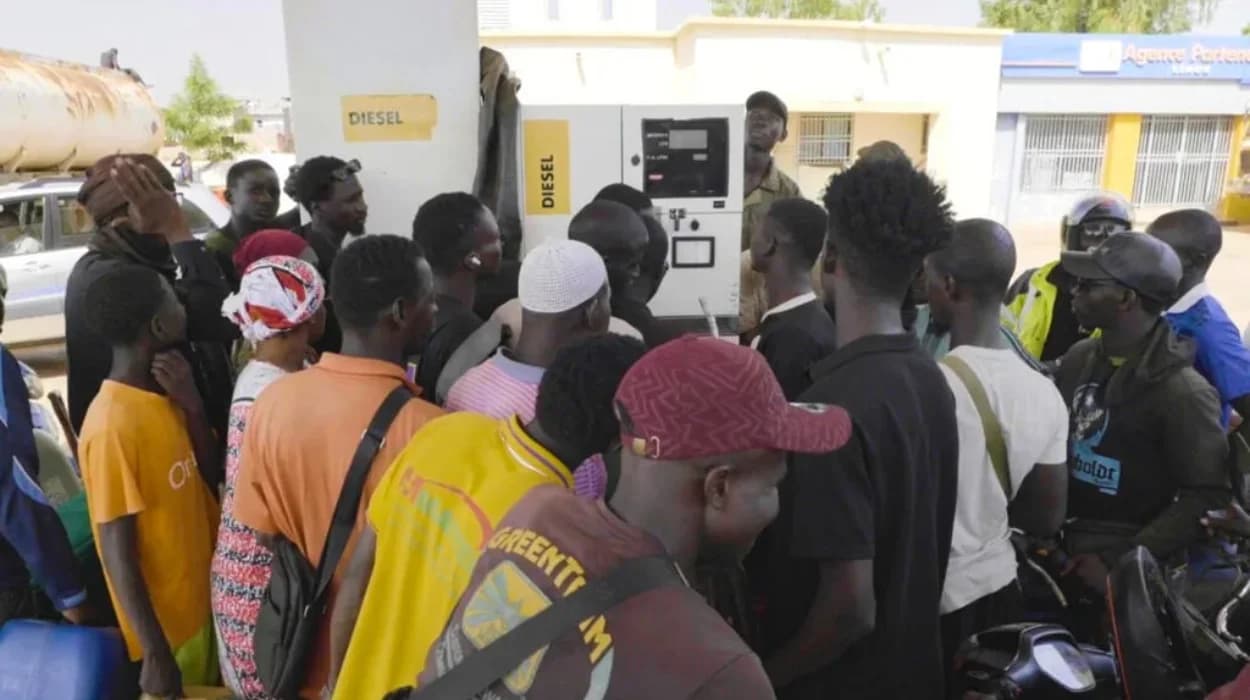The US embassy in Mali urges American citizens to depart due
to a fuel blockade by jihadists, citing increased danger and unpredictable
security situation.
As daily living becomes more perilous due to a gasoline blockade by jihadists fighting the country's military-run administration, the US embassy in Mali encouraged American citizens to "depart immediately" on Tuesday.
Fuel tankers, which carry most of Mali's imported products, are the target of al Qaeda-affiliated gunmen since September, especially those arriving from Senegal and Ivory Coast.
By stepping up their operations on the nearby roadways, the jihadists from the Group for the Support of Islam and Muslims, or JNIM as it is known in Arabic, have recently seemed to be attempting to isolate the capital Bamako.
Citing the "unpredictability of Bamako's security situation," the US embassy posted a statement on its website advising Americans "to depart immediately using commercial aviation."
The challenges consisted of "continued disruptions of gasoline and diesel supplies, the closure of public institutions such as schools and universities nationwide, and ongoing armed conflict between the Malian government and terrorist elements around Bamako" .
Due to safety concerns, the US State Department approved the departure of non-emergency staff and family members of US diplomatic employees on Friday.
Mali has been dealing with a security crisis for over ten years, which has been fueled by violence from criminal and other groups, as well as jihadists connected to al Qaeda and the Islamic State organization.
How is the fuel blockade affecting humanitarian aid delivery?
Energy shortages incapacitate vehicles, including exchanges
carrying food, medical inventories, and other rudiments, oppressively
limiting aid convoys’ capability to move through Mali’s regions. Hospitals and
emergency medical services struggle without energy for creators, ambulances,
and critical care equipment, undermining medical responses amid growing
insecurity.
The leaguer creates backups at distribution points, halting the inflow of inventories from anchorages and storages into conflict affected zones. Aid associations face heightened peril traveling on energy starved roads now dominated by fortified groups, complicating logistics and safety protocols.
The incapability to deliver dependable aid intensifies food instability, malnutrition, and mortality in vulnerable populations reliant on transnational support.
